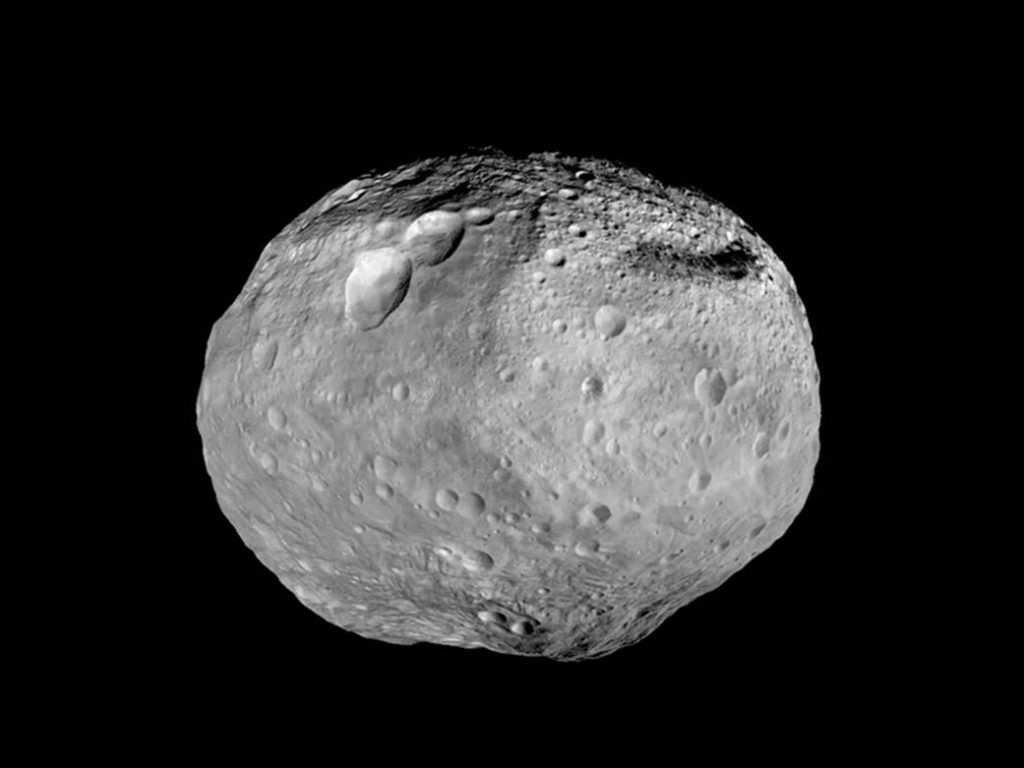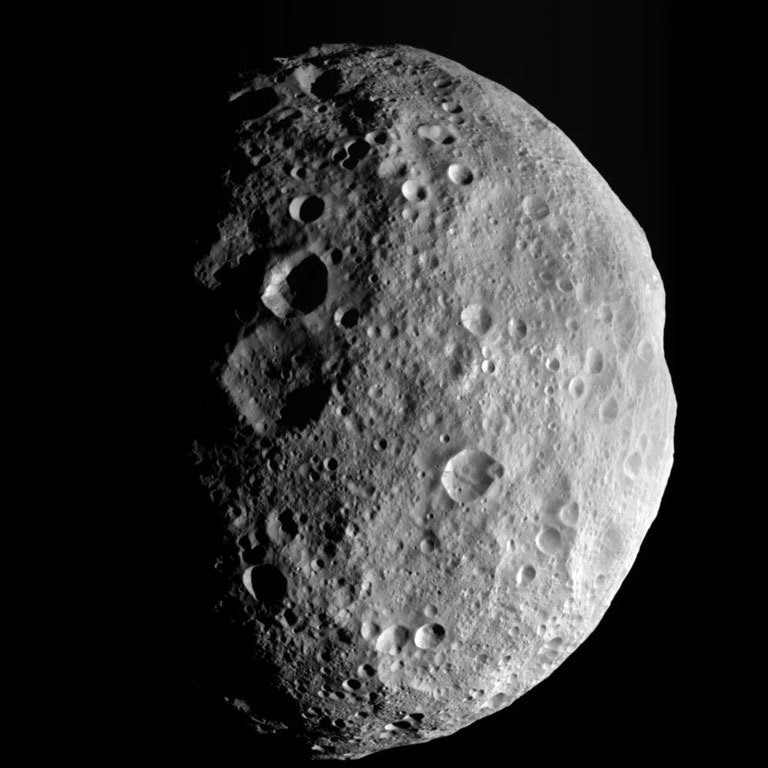Star Party-Catalina State Park
Tucson, AZ
Viewing Location: Trailhead Picnic area at end of road inside the park.
Information: Great dark skies just north of Tucson at Catalina State Park. Star Party open to the Public. Admission cost for entrance into Catalina State Park. Tucson Amateur Astronomy Association will have 10 telescopes for astronomical viewing. We will observe Planets, Nebulae, Galaxies, Star Clusters and lots more. Great opportunity to look through a wide variety of telescopes. Weather dependent. For real-time updates, follow this event on the Tucson Amateur Astronomy Association Facebook Events Page (https://www.facebook.com/TucsonAstronomy/).
Additional details will be posted here and on Facebook as we get closer to the event.
Viewing Location: Bus Lanes @ North end of Parking Lot
Information: Great dark skies in Northeast Tucson. Star Party open to the Public. Cost: FREE. Tucson Amateur Astronomy Association will have several telescopes for astronomical viewing. We will observe Planets, Nebulae, Galaxies, Star Clusters and lots more. Great opportunity to look through a variety of telescopes. Park gate may close before event end time, so arrive as close to start time as possible. Weather dependent. For real-time updates, follow this event on the Tucson Amateur Astronomy Association Facebook Events Page (https://www.facebook.com/TucsonAstronomy/).
FREE but REGISTRATION IS REQUIRED. go to:Eventbright and search “Stargazing” and location “Tucson”. These events fill up fast so recommend registering early. Event may not show up until about two months out.
Viewing Location: Bus Lanes @ North end of Parking Lot
Information: Great dark skies in Northeast Tucson. Star Party open to the Public. Cost: FREE. Tucson Amateur Astronomy Association will have several telescopes for astronomical viewing. We will observe Planets, Nebulae, Galaxies, Star Clusters and lots more. Great opportunity to look through a variety of telescopes. Park gate may close before event end time, so arrive as close to start time as possible. Weather dependent. For real-time updates, follow this event on the Tucson Amateur Astronomy Association Facebook Events Page (https://www.facebook.com/TucsonAstronomy/).
FREE but REGISTRATION IS REQUIRED. go to:Eventbright and search “Stargazing” and location “Tucson”. These events fill up fast so recommend registering early. Event may not show up until about two months out.
Join the Tucson Amateur Astronomy Association (TAAA) in conjunction with Editors from the Astronomy Magazine and Pima Community College (PCC) East for some astronomy talks, solar observing, and evening stargazing.
Astronomy Talks and Safe Solar viewing of the Sun 2:00 – 5:00 p.m.
(All Talks in the Observatory area, Room EC-M102)
Talks:
— Galaxies — David J Eicher, Astronomy magazine 2 p.m.
— 2023 & 2024 U.S. Solar Eclipses — Michael Bakich 3 p.m.
— (Topic TBD) — Alan Goldstein 4 p.m.
Campus Information & Tours 5:00 – 7:00 p.m.
Solar Observing at the Observatories 2 – 5 p.m.
Night Sky Viewing at the Observatories 6:30 – 9:00 p.m.
Evening observing of planets, star clusters, multiple star systems, nebulae, galaxies, and lots more through several telescopes.
Observing will be at the south end of the PCC East Campus near the astronomy domes.
Follow our Facebook event for any real-time updates or adjustments due to weather at: TAAA Facebook Events page
This Star Party is cancelled for tonight. The cloud cover is forecast to increase as the evening progresses to the point that it needs to be cancelled.
Join the Tucson Amateur Astronomy Association (TAAA) and Pima County Natural Resources Parks and Recreation for some stargazing at Historic Canoa Ranch. We will observe planets, star clusters, multiple star systems, nebulae, galaxies, and lots more.
FREE but REGISTRATION IS REQUIRED: Go to Eventbright and search for stargazing Canoa Ranch. May fill up quickly, so recommend registering as early as possible (event may not show up in Eventbright until about two months before).











